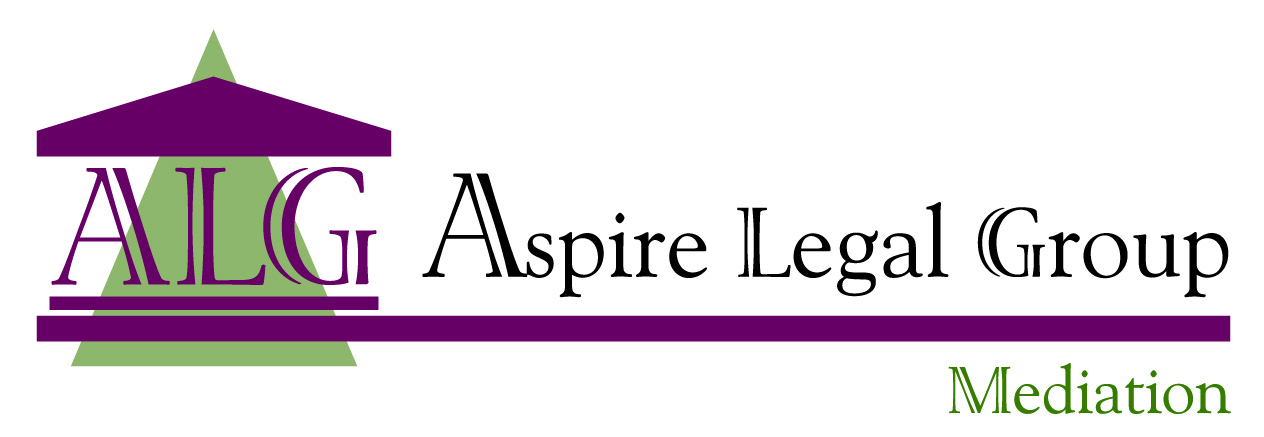Civil mediation describes any type of mediation that uses the civil mediation process, rather than the family model. Civil mediation usually takes place in a day and the objective is to reach a binding agreement on the day, so parties must have the authority to settle. Civil mediation is used for all disputes apart from family disputes – and can be used for family disputes in certain circumstances.
Civil mediation is useful for disputes relating to land or property (real estate) or personally (disputes relating to rights of court action). This includes contracts, company and commercial disputes, trusts and probate, wills, powers of attorney, tort and negligence – basically any dispute that needs to be resolved.
Gets Results
Where there is no communication and there are fraught or non-existent negotiations, a neutral mediator operating in a private, “without prejudice” environment aims to broker a deal that all parties agree is better for them than fighting. Mediators achieve that in over 90% of cases, with parties signing binding settlement terms there and then. The process even brings many of the rest close enough that they settle soon after.
Disputes And Court Proceedings
Any non-divorce litigation falls to be decided by the appropriate non family courts, unless resolved outside court, which usually means in mediation. Litigation can help force people to negotiate, compel disclosure of documents or information and can be a reality check. However, it is also complex, takes over year and sometimes two or more years and costs a lot. The outcome is uncontrollable, as there’s no telling how the evidence will turn out at trial.
Changes in the court rules reflect a policy decision at the Ministry of Justice to try and make people mediate – so litigants are now often directed to try and resolve their disputes in mediation by the judge at interim hearings. Many disputes are not about the legal debate the lawyers engage in – they are about the relationship between two people who have fallen out and their different beliefs and frames of reference. In that context, the law is a blunt and often inappropriate weapon to help people come to agreement, with a limited repertoire of orders possible at trial. Also, the legal process can encourage people to take up extreme and hopeless positions in the hope of improving their negotiating chances – when really they need to be looking at ways to resolve things at an early stage, which is where mediation comes in.
How can ALG Mediation Help ?
Lee Broders of ALG Mediation is an Accredited Civil and Commercial Mediator who offers mediation to individuals and businesses who are in conflict of a civil or commercial nature, with a view of facilitating communications between the participants to help resolve the issues.
If you would like more information please contact ALG Mediation on the number above.
